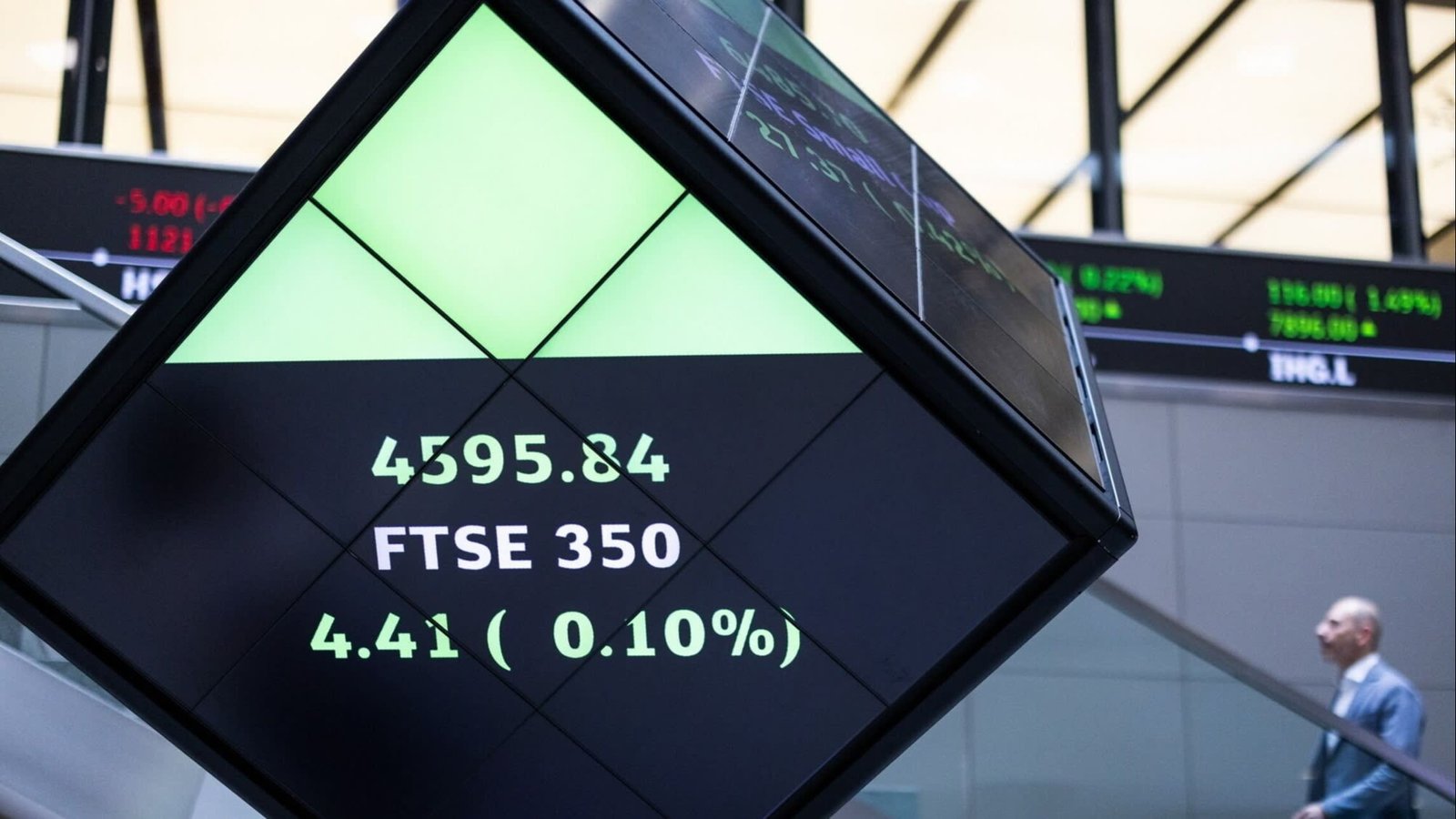For the first time in a long time, there is some positive news on the investment trust discount front.
Over the past three months, the average investment trust discount has started to narrow, having reached new highs in April following the tariff turmoil. Analysts are hopeful that this trend will continue.

Several factors are behind this shift. In part it has been driven by increased investor confidence, as markets bounce back following April’s dip.
“The market has seen increased buying interest for investment company shares, and we think it is fair to say that a market rally ‘floats all boats’,” said Stifel analysts Iain Scouller and William Crighton.
Broadly, the discounts narrowing are reflective of the movement of major indices during this period.
However, other factors have also had an impact. Share buyback programmes – prevalent across the sector since interest rates started to go up in 2022 – have, up until now, had limited success in addressing the average discount.
In part, this was because the sector average was unduly impacted by the alternative asset trusts, as these tend to trade on bigger discounts. But thanks to the slow implementation of share buyback programmes, this is beginning to change, analysts said.
“Buying back stock when you’ve got assets that are quite illiquid is hard,” said James Carthew, head of investment company research at QuotedData. However, alternative asset trust boards have begun to make some progress, which is reflected in the narrowing average discount.
“They have rejigged the way that those funds work so that they have cash available to fund buybacks, which has been a long, slow, painful process, but a lot of them are doing it now,” Carthew added.
Read more from Investors’ Chronicle
Increased M&A activity has also helped to narrow the average investment trust discount. In June, for example, Downing Renewables & Infrastructure Trust (DORE) accepted a £175mn bid from Downing Estate Planning, while earlier this year BBGI Global Infrastructure (BBGI) received a £1bn takeover bid from British Columbia Investment Management.
Again, this trend has been most pronounced in the alternative assets subsector, particularly in relation to property trusts, with bidding wars for both Assura (AGR) and Warehouse Reit (WHR) under way.
Kamal Warraich, head of fund research at Canaccord Wealth, argued that the current uptick in M&A is set to accelerate. This could “further reduce discount rates, as investors prefer more liquidity and lower fees, both of which come with greater scale,” he said.
A rise in activist activity across the investment trust sector has also had an effect, with Saba’s interventions earlier in the year being the most high-profile example of this.
While shareholders rejected Saba’s proposals for the seven investment trusts it targeted, its actions did prompt the trusts’ boards to introduce new measures in response.
For example, Schroder UK Mid Cap (SCP) has introduced an active buyback policy, as well as a management fee reduction. Meanwhile, European Smaller Companies (ESCT) has enacted a sizeable tender offer. CQS Natural Resources Growth & Income (CYN) has also put forward a tender offer, as well as proposing the introduction of a higher dividend and decreased management fees.
In addition, new activist players have cropped up during this period, including Achilles Investment Company (AIC), which was launched earlier this year by seasoned activists Chris Mills and Robert Naylor. The trust is primarily targeting funds in the property, renewables and infrastructure sectors.
Meanwhile, more established activist trusts have also stepped up the pressure.
“AVI Global (AGT) has, for ages, been buying stakes in private equity funds. But it has shifted from just investing in funds with wide discounts to investing in funds with wide discounts and trying to do something about it. It changes the mindset of it,” Carthew said.
Finally, falling interest rates have had a positive effect on investment trust discounts, in particular prompting interest in investment trusts “with relatively high yields, such as UK equity income, infrastructure and renewables [trusts],” Scouller and Crighton observed.




